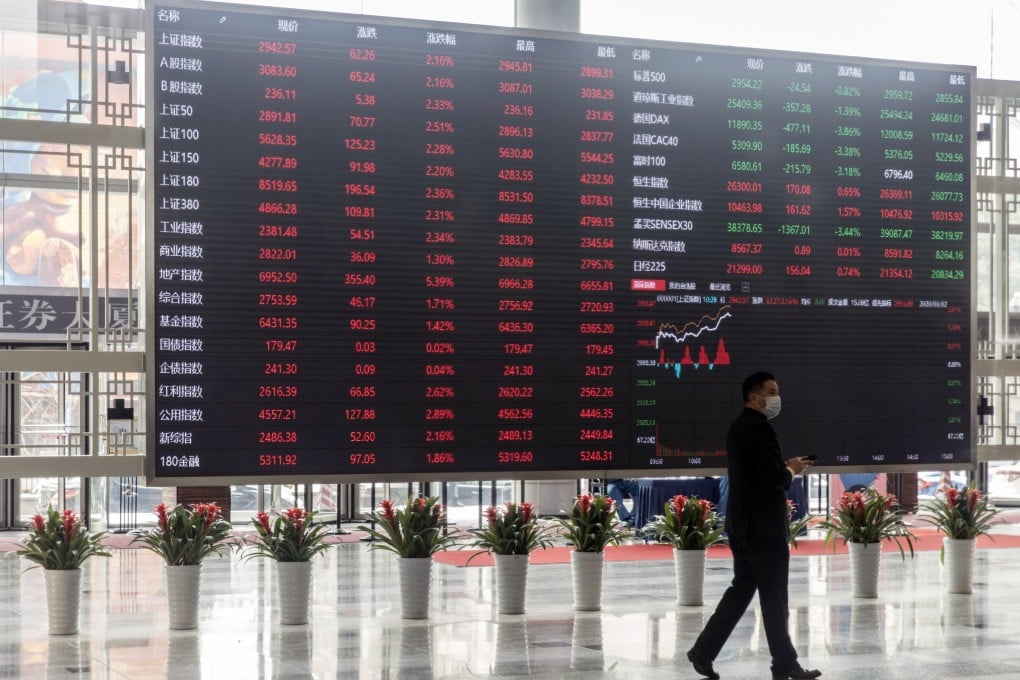Advertisement
Hong Kong short sellers foiled by calm October now wait for US election slump for payoff
- Tencent, Alibaba and Meituan reached all-time highs in October amid the frenzy surrounding Ant Group IPO
- Technology and financial companies were among the most shorted stocks in Hong Kong last month
Reading Time:3 minutes
Why you can trust SCMP

Short sellers in Hong Kong are hoping to thrive in a market gripped by anxieties surrounding the US presidential election outcome, after getting burned by the steady rise of some of the market’s biggest technology companies.
Advertisement
Tencent and Alibaba Group Holding reached record highs last month, when they were also among the most shorted stocks. The month of October, which is associated with infamous market crashes such as the Black Monday in 1987, came and went with relative calm this time.
The Hang Seng Tech Index, which tracks 30 of the sector’s biggest players, has risen 10.5 per cent since its inception on July 27, despite a weak broader market. Global markets are bracing for a long day of vote-counting and potentially contentious outcome, as President Donald Trump and Joe Biden campaigned into the eve of voting day.
“It depends on what you are shorting, I think it’s all right if you short financials, but there’s no point in shorting tech stocks,” said Alex Wong, director of asset management at Ample Capital in Hong Kong. Still, “many investors would have already lightened their positions ahead of the US election. There will be more market swings.”
Tencent and Alibaba rallied 16 per cent and 6 per cent, respectively, in October, each hitting a record-high of HK$605 and HK$307.40. Meituan Dianping the delivery firm, now renamed Meituan, surged 19 per cent to an all-time high of HK$297.20. The rallies helped generate US$38.3 billion in new wealth for China’s top 30 billionaires in October, raising their combined worth to US$692 billion, according to Bloomberg data.
Advertisement

Advertisement